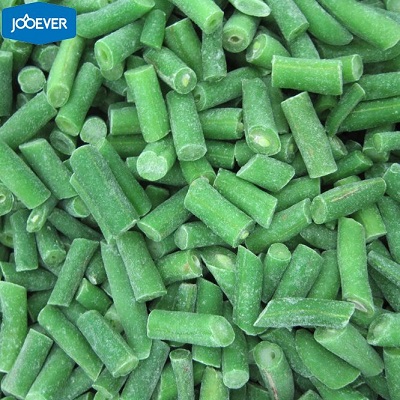Your reliable partner for frozen foods
Frozen vegetables have become an indispensable component of many households, offering unparalleled convenience and versatility without compromising on nutrition. However, a common question that arises is: how long do frozen vegetables actually last? Understanding the factors that influence their shelf life is crucial for preserving their quality and flavor. In this comprehensive guide, we will delve into the nuances of frozen vegetables' longevity and provide valuable insights into maximizing their freshness.
The shelf life of frozen vegetables is influenced by various factors, including the type of vegetable, storage conditions, and packaging. Generally, most frozen vegetables can maintain their quality for a period ranging from six months to one year if stored correctly. Nonetheless, it is imperative to check the expiration date on the packaging for specific guidelines.
Type of Vegetable:
The durability of frozen vegetables varies depending on their composition. Vegetables with higher sugar content, such as peas and corn, tend to fare better during freezing, as sugar acts as a natural preservative. Conversely, delicate vegetables like spinach or broccoli may experience more rapid degradation.
Packaging:
The quality of the packaging plays a pivotal role in determining the shelf life of frozen vegetables. Opt for packages that are hermetically sealed and devoid of any signs of damage or freezer burn. Vacuum-sealed bags or containers with a secure seal are optimal for preserving freshness.
Storage Temperature:
Maintaining the ideal storage temperature is essential for preserving the quality of frozen vegetables. Store them at 0°F (-18°C) or below to prevent freezer burn and ensure that the vegetables retain their texture and flavor.
Storage Duration:
As a general rule of thumb, the longer frozen vegetables are stored, the more their quality may diminish. It is advisable to use them within the recommended time frame to ensure optimal freshness and nutritional value.

Proper Packaging:
Transfer any unused portions of frozen vegetables to an airtight container or resealable freezer bag to shield them from exposure to air and moisture, which can lead to freezer burn and degradation of quality.
Labeling:
Label containers with the date of freezing to keep track of their freshness. Practice the principle of first in, first out, using older packages before newer ones to minimize food waste.
Thawing:
When thawing frozen vegetables, adopt a gradual approach by thawing them in the refrigerator rather than at room temperature. This gradual thawing process helps preserve the vegetables' texture and minimizes nutrient loss.
Cooking Methods:
Opt for cooking methods that retain moisture, such as steaming or microwaving, to preserve the vegetables' flavor and nutrients. Avoid overcooking, as it can result in mushy vegetables and nutrient depletion.
Seasonings and Sauces:
Enhance the flavor of frozen vegetables by incorporating herbs, spices, and sauces. These additions not only elevate the taste but also mask any subtle changes in flavor that may occur during freezing.
In conclusion, frozen vegetables are a valuable asset in the quest for nutritious and convenient meal options. By understanding their shelf life and adhering to best practices for storage and preparation, you can savor delicious and vibrant vegetables year-round. Whether you're whipping up a quick stir-fry or crafting a hearty soup, frozen vegetables offer a convenient and nutritious solution that is sure to please the palate. So, the next time you reach for that bag of frozen peas or broccoli, rest assured knowing that you're making a healthy choice that's bursting with freshness and flavor.
It is imperative to exercise caution and discard any frozen vegetables that exhibit signs of spoilage or deterioration. With a little mindfulness and attention to detail, you can make the most of your frozen vegetables and elevate your culinary creations with their vibrant colors and nutrient-rich goodness.